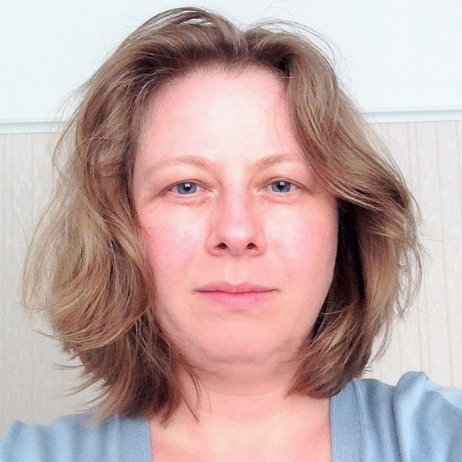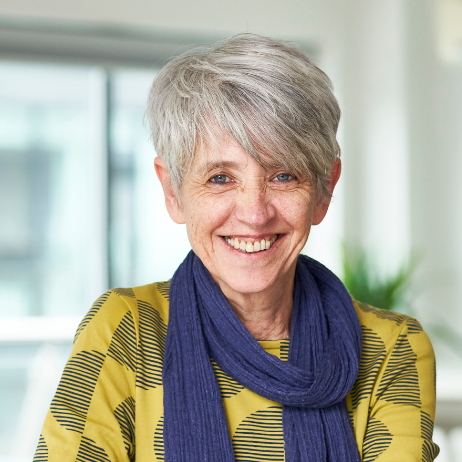New research paper: From a child who is a problem to a child who has a problem
New research paper: From a child who is a problem to a child who has a problem

Dr Kati Toth
Senior Data Analyst – Kati joined Place2Be in 2014 and conducts quantitative statistical analyses to gather evidence for Place2Be’s impact on children’s mental health and academic outcomes.

Dr Niki Cooper
Clinical Director - Niki is a trained counsellor who joined Place2Be in 2002 as a School Project Manager before moving into the Learning Team. As Head of Learning, she developed Place2Be’s professional qualifications pathway. She was appointed Clinical Director in 2019.
Dr. Kati Toth, Place2Be's Senior Data Analyst and Dr. Niki Cooper, Clinical Director share the findings of our new study conducted in collaboration with the University of Cambridge.
For over 25 years, Place2Be has gathered strong and compelling evidence that early intervention is effective in reducing children’s mental health difficulties. As Place2Be’s counselling services are offered within the school context, it is natural to broaden the focus from just improving children’s mental health to evidence wider effects of counselling on children’s overall school experiences related to academic attainment, progress, school attendance and school exclusion.
In the last five years, there has been an increase in rates of school exclusions, causing great concerns among school staff and mental health practitioners. Vulnerable children and children with poor mental health are at higher risk of being excluded, while being excluded from the school can be detrimental for students’ mental health. It is this kind of negative spiral that a school based mental health service hopes to interrupt.
Place2Be explored this relationship between mental health and school exclusion and published the findings in the Child and Adolescent Mental Health Journal. The study was based on data from a diverse UK sample of children and young people aged between four and 16 years old and receiving school-based counselling between August 2017 and July 2019 (n = 6,712 students from 308 primary and 61 secondary schools).
The main finding was that, despite more complex and severe initial mental health difficulties, and facing greater adversity, children and young people who experienced school exclusion prior to counselling demonstrated a significant reduction in the number of subsequent sessions of school exclusion in the academic year that the counselling took place (from two full school weeks to half a school week).
These children also had significantly better mental health after counselling. The greatest improvement rate was observed in the conduct subscale according to the teacher-completed Strengths and Difficulties Questionnaire (SDQ), and emotional subscale according to the parent-completed SDQ. The improvement in conduct was unexpected as prior evidence indicated that counselling is less likely to improve conduct disorder or behavioural problems directly. We evidenced the anticipated improvement in emotional symptoms as well.
Implications for practice
The unexpected reduction in conduct difficulties suggests that the challenging behaviours for these particular children are a direct expression of their emotional distress, which is known to be positively impacted by counselling.
The results also demonstrate the value for a school of being able to access a school-based counsellor as an option available to them to support a child who has been excluded for a fixed-term.
For counsellors, the results show that a counselling intervention can be beneficial for a child or young person who has had fixed-term exclusions. Therefore clinicians might have the opportunity to change the negative cycle of increased vulnerability leading to increased exclusion rates and followed by even higher vulnerability to a more virtuous cycle of fewer exclusions, positive emotional wellbeing and improved behaviour. There is value in counsellors considering this potential benefit when making an assessment of a child’s case.
More information
News & blogs

The Young BAFTA Roadshow with Place2Be arrives in Birmingham
Read the press release of the Young BAFTA Roadshow visit with Place2Be at Birmingham.
Read more
The Young BAFTA Roadshow with Place2Be arrives in Oldham, Manchester
Read the press release of the Young BAFTA Roadshow's visit with Place2e at Oldham, Manchester.
Read more
The Young BAFTA Roadshow with Place2Be arrives in Enfield
The Young BAFTA Roadshow with Place2Be arrives in Enfield on 1 July 2025.
Read more



